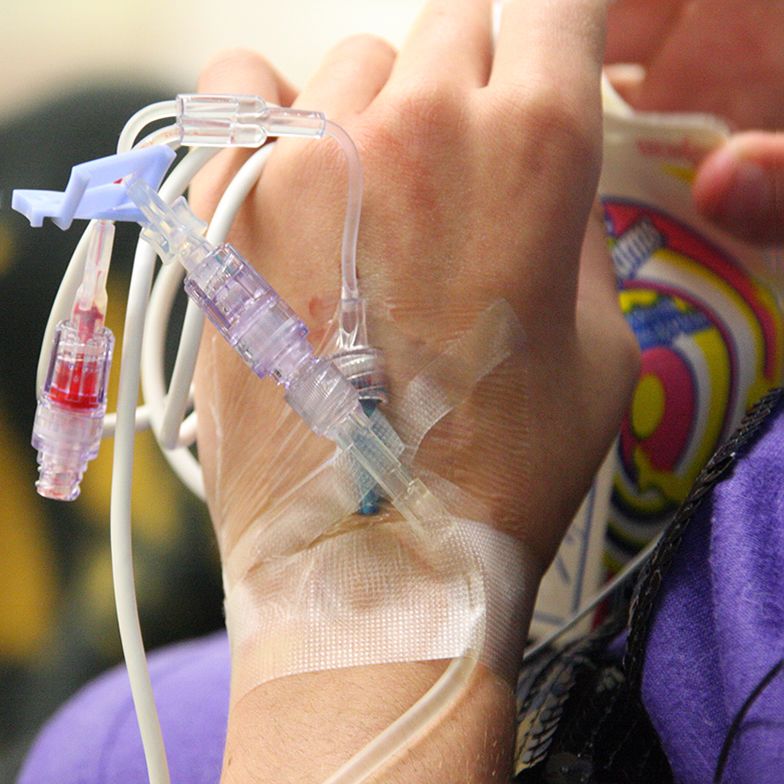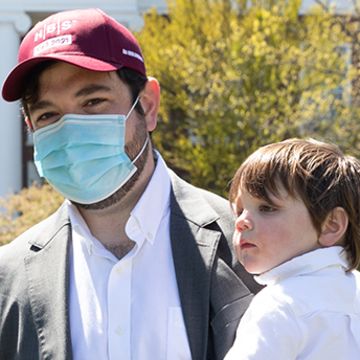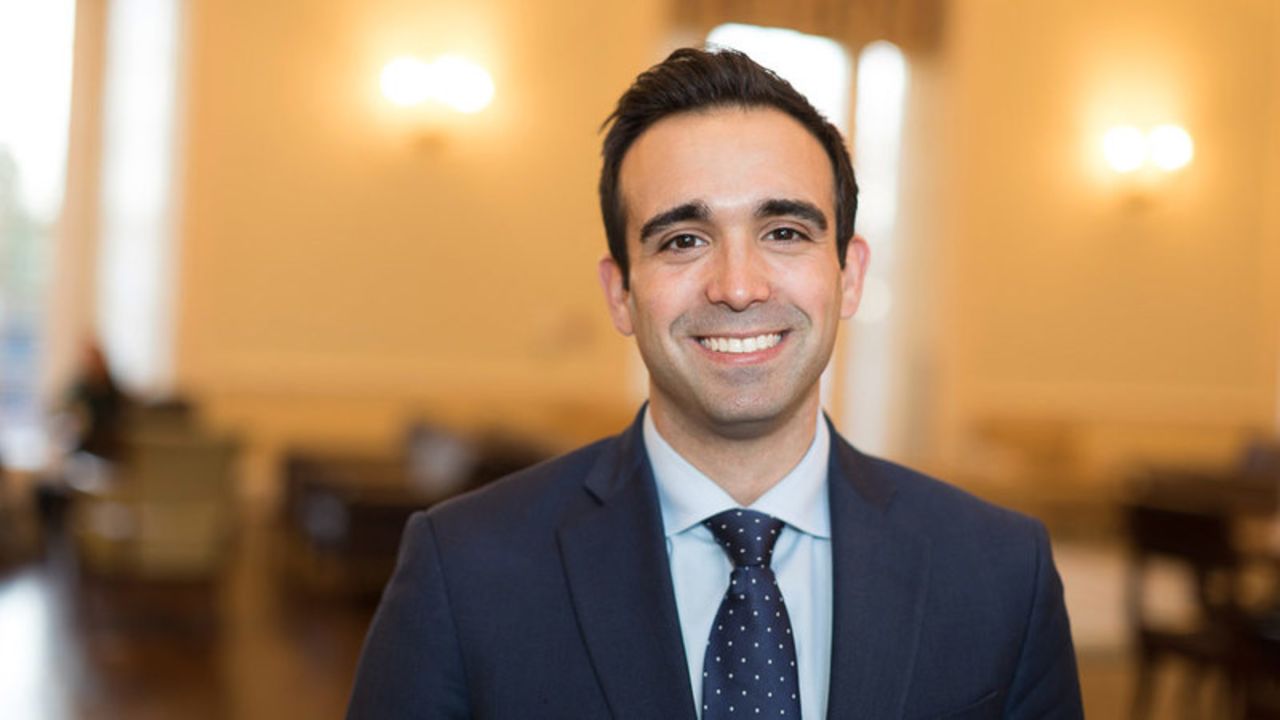Financial Aid
Financial Aid
Inspired by this personal experience, Rabah chose to build a career in health care. She studied biology as an undergraduate at Cornell, where she developed a strong interest in drug pricing and pharmaceutical management. “I hope to be able to lower prices and expand access to life-saving therapies,” she says.
After college, Rabah joined the biotech company Sio Gene Therapies, where she had the opportunity to speak with parents of children with Tay-Sachs disease, an ultra-rare condition with no effective treatment. “It became abundantly clear to me that listening to patients and families is critical to driving innovation and ultimately, to breaking the boundaries of current therapy,” she says. “For example, their input can help determine which endpoints to measure or how to plan clinical trials.”
Rabah looks forward to becoming an executive in biotech—or perhaps founding her own company. To do so, she knew she needed to hone her managerial and leadership skills. Harvard’s new joint MS/MBA Biotechnology: Life Sciences degree felt like the perfect fit. “I ultimately chose the program because of its emphasis on ethical decision making,” she says. “I believe it will equip me with the tools necessary to make transformative medicines.”
“Growing up, I remember we avoided doctors because we weren’t citizens . . . [and] were afraid of ending up with huge medical bills we couldn’t pay.”

“Growing up, I remember we avoided doctors because we weren’t citizens . . . [and] were afraid of ending up with huge medical bills we couldn’t pay.”
Generous scholarship support was key to Rabah’s ability to enroll in the program. “I am grateful because I wouldn’t be here without donors,” says Rabah. “Thanks to scholarships, I will be able to choose a career that I find impactful and meaningful rather than seek a job just to pay off loans.” In turn, Rabah adds, “I hope donors take some credit for the positive impact HBS students like me have in the future.”
At HBS, Rabah is continuing her pursuit of expanding access to therapies for children with rare diseases. This past summer, she interned at Genentech in San Francisco, where she worked on the commercial marketing team for the neuro rare disease group. “I helped patients with spinal muscular atrophy get access to disease-modifying therapy,” she says.
After graduation, she plans to work at a mission-driven health care company that is focused on patients. “Patients and their families are at the center of why I want to be in the biotechnology space,” she concludes. “When you’re working on rare diseases, it’s hard not to feel like you’re making a difference.”
New Financial Aid Support


